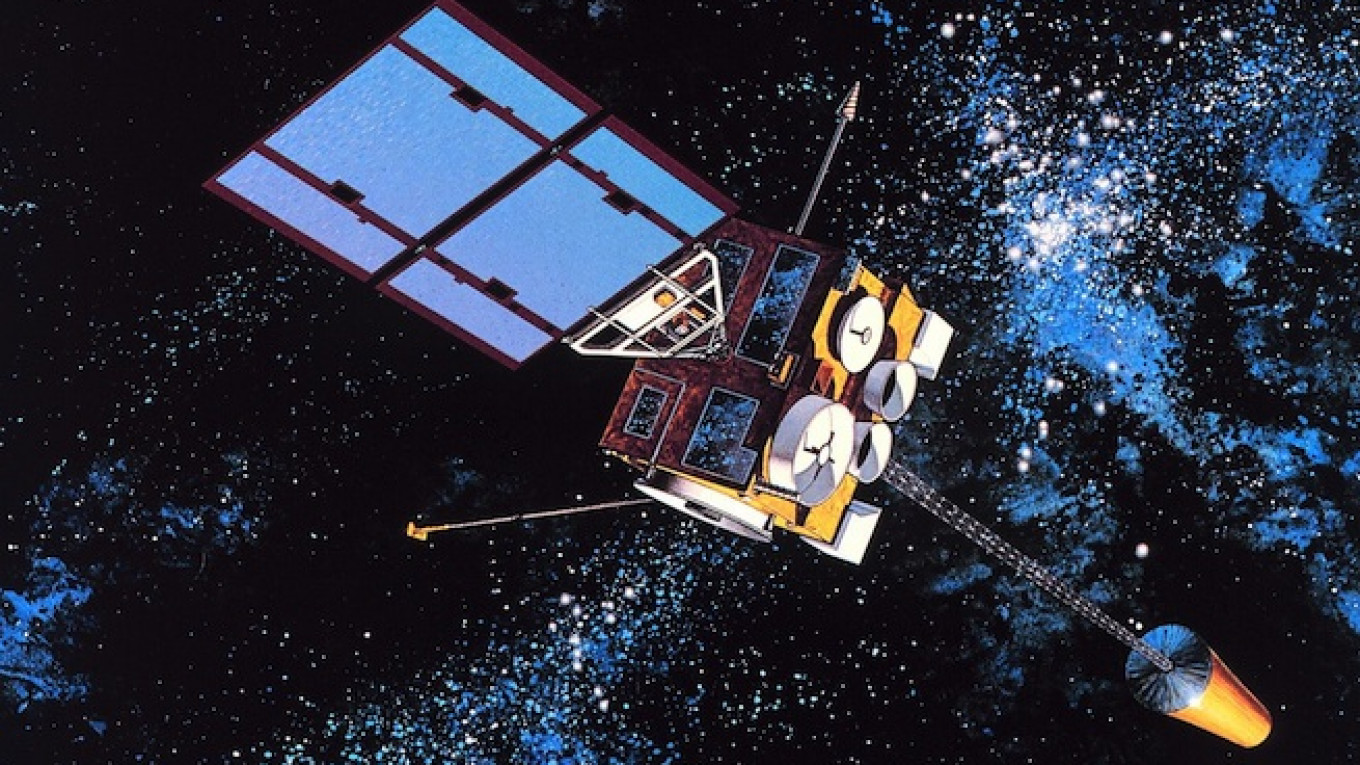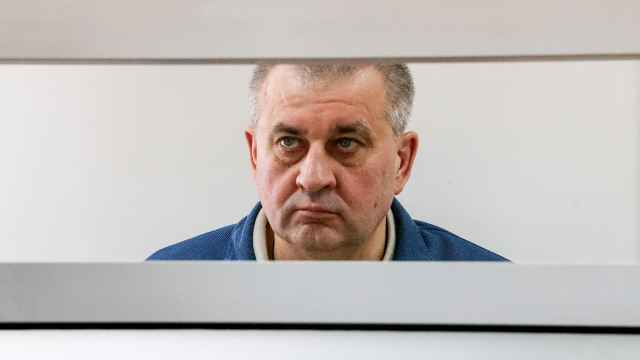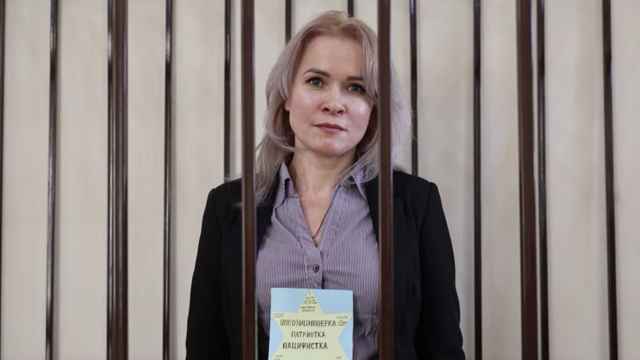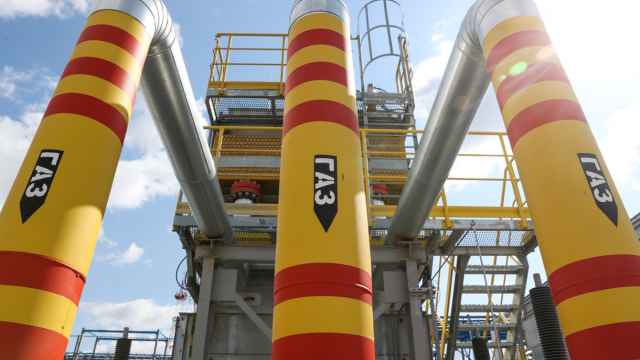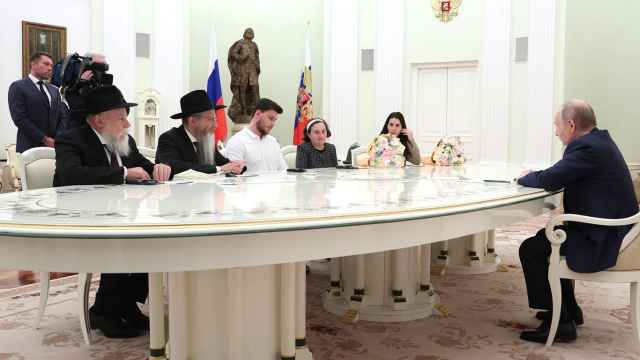WASHINGTON — A compromise defense policy bill in Congress would bar the purchase of more Russian-made rocket engines to launch U.S. satellites, clearing the way for competitive bids for 14 future launches, senior congressional aides said.
The proposal is one of several new agreements included in a compromise version of the 2015 National Defense Authorization Act due to be filed in the House of Representatives and expected to be debated as early as this week.
The NDAA, which is approved annually, sets U.S. defense policy and authorizes spending levels, but it does not actually appropriate funds. It has to be approved by both chambers before going to U.S. President Barack Obama for his signature. Lawmakers will be asked to approve it without amendments, the aides said Tuesday.
The measure authorizes a base defense budget of $521 billion, including $17.9 billion for nuclear weapons activities in the Department of Energy, the aides said on condition of anonymity.
The measure also authorizes $63.7 billion in spending for U.S. wars overseas, mainly Afghanistan and the fight against Islamic State rebels in Iraq and Syria. The aides said the funding was at the level sought by the president.
The bill would bar United Launch Alliance, a joint venture of Boeing Co and Lockheed Martin Corp, from using Russian RD-180 engines to send U.S. government satellites into space unless they were bought before Moscow's invasion of the Crimean peninsula this year.
"Those engines that were already procured under contract at the time of the Crimea invasion are allowed to be used," said one aide. "Anything subsequent to that cannot be used."
ULA has an $11 billion contract with the U.S. Air Force for 36 launches. The aides said the decision to bar purchases of RD-180 engines from Russia after the invasion of the Crimea meant ULA could seek competitive bids for 14 launches.
Privately held Space Exploration Technologies, or SpaceX, has sued in U.S. federal claims court to be allowed to compete for some of the launch work.
The aides said the 2015 NDAA included authorization for $220 million to help develop a rocket engine to replace the RD-180. They said the NDAA compromise helped deal with two issues.
"We think that this is a way that we can address the competition concerns without rewarding the Russians for their behavior," one aide said.
A Message from The Moscow Times:
Dear readers,
We are facing unprecedented challenges. Russia's Prosecutor General's Office has designated The Moscow Times as an "undesirable" organization, criminalizing our work and putting our staff at risk of prosecution. This follows our earlier unjust labeling as a "foreign agent."
These actions are direct attempts to silence independent journalism in Russia. The authorities claim our work "discredits the decisions of the Russian leadership." We see things differently: we strive to provide accurate, unbiased reporting on Russia.
We, the journalists of The Moscow Times, refuse to be silenced. But to continue our work, we need your help.
Your support, no matter how small, makes a world of difference. If you can, please support us monthly starting from just $2. It's quick to set up, and every contribution makes a significant impact.
By supporting The Moscow Times, you're defending open, independent journalism in the face of repression. Thank you for standing with us.
Remind me later.


